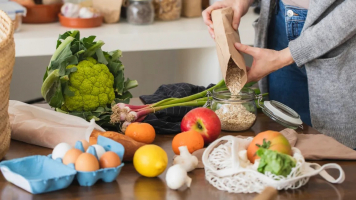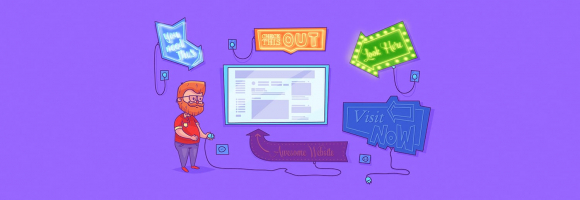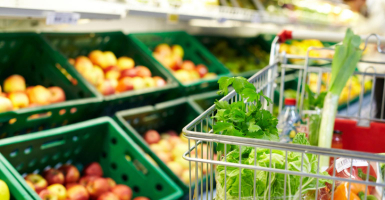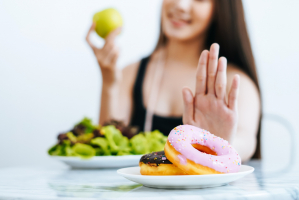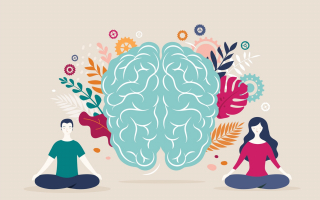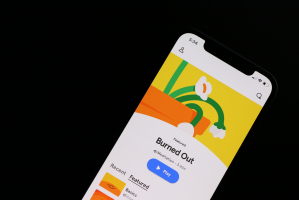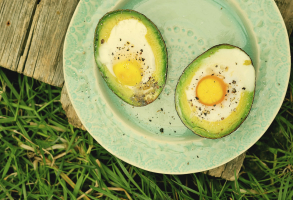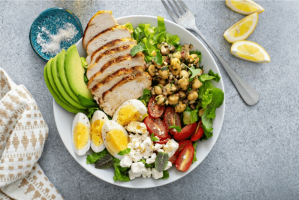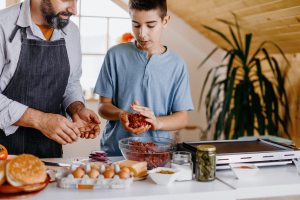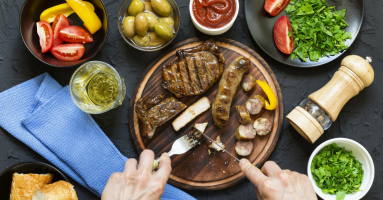Top 10 Most Effective Ways to Manage Food Cravings
In fact, it’s estimated that over 90% of the world’s population gets food cravings. These cravings can be difficult to resist, leading to excessive consumption ... read more...of calorie-dense, nutrient-poor, and highly delicious foods such as chocolate, cake, ice cream, and pizza. Unfortunately, eating too many calories and eating processed foods can be harmful to your health. If you're concerned that you have more food cravings than others or that your cravings are bothering you, there are several ways to deal with them. Below are some of the Effective Ways to Manage Food Cravings you can refer to!
-
When people want to lose weight, their first thought is to reduce calories or food groups from their diet. Excessive dietary restrictions might prevent you from getting enough nutrients, making your body want certain foods even more. This is why many people who adhere to certain diets, such as the popular low-fat or low-carb diets, experience constant cravings for foods high in fats or carbs.
To keep your body healthy and functioning at its best, you must properly nourish it. Your body will naturally alert you to eat if you don't get enough calories and nutrients, which might lead to intense cravings for certain foods. While the connection between calorie intake and food cravings is complicated, some evidence shows that calorie restriction might increase appetites, at least in the short term.Therefore, feeding your body nutritious, satisfying foods on a regular basis and not reducing calories excessively may help reduce food cravings.
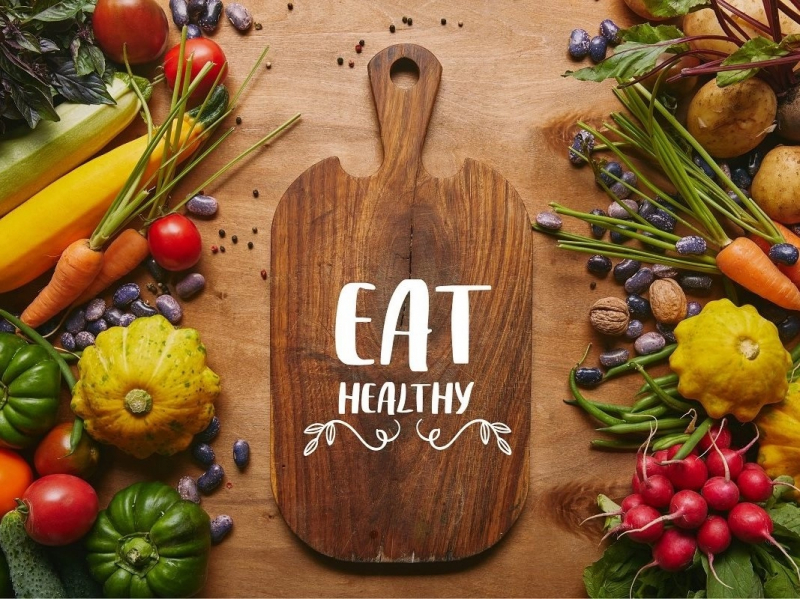
Eat enough calories 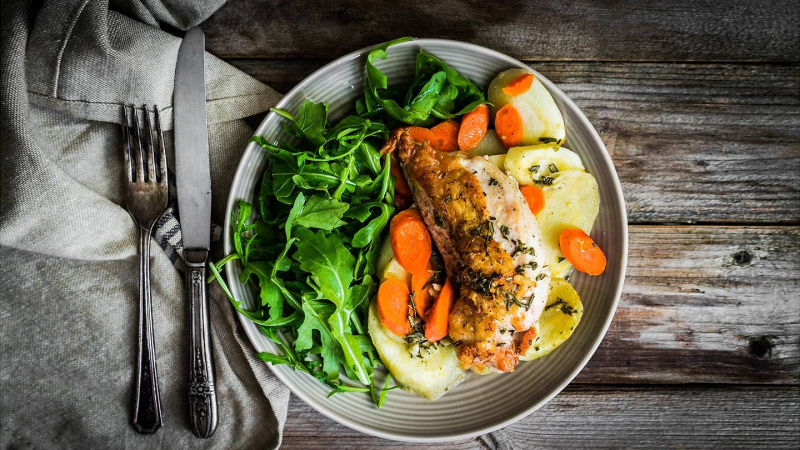
Eat enough calories -
When you consider starting a new diet and feeling ready to improve your eating habits and achieve new health objectives. Unfortunately, you have greater and stronger cravings for all the foods you can't eat simply hours or days afterward.
If this sounds familiar, don't worry; it's very typical. Many diets are too restricted, which might result in an increase in food cravings. In fact, some research show that people on diets are more likely to have frequent food cravings than those who aren't. A 2012 research of 129 women found that those dieting to lose weight had much more food cravings than those who weren't. Furthermore, their food cravings were greater. Food cravings are thought to be caused by limited eating and a sense of deprivation. To keep food cravings at bay, while lowering extra body fat may enhance your overall health, it's crucial to avoid extremely restricted diets. Instead, concentrate on developing an eating habit that properly nourishes your body while allowing you to sometimes enjoy your favorite foods.
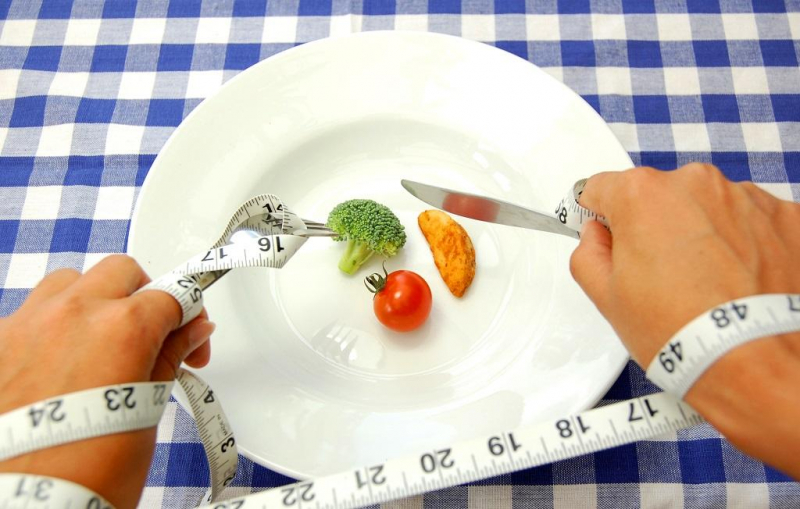
Avoid restrictive diets 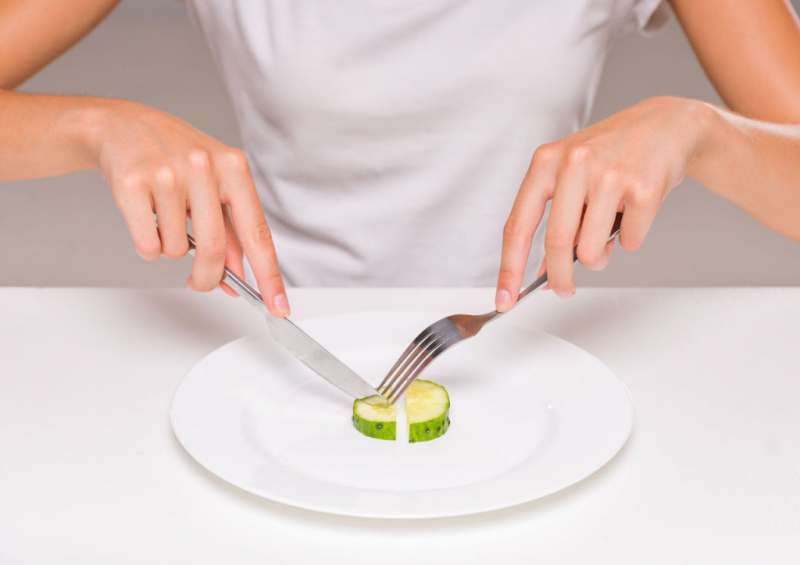
Avoid restrictive diets -
Although hunger is a natural physiological signal that should not be avoided, allowing yourself to get too hungry might lead to intense food cravings. When you're ravenously hungry, it's probably because you haven't eaten in a long time. As a consequence, your blood sugar levels may be low, leading your body to urge you to eat high-energy foods to bring them back up to normal.
When your blood sugar levels are consistent, on the other hand, you're less likely to experience intense food cravings. You don't have to eat every couple of hours to keep your blood sugar levels stable. Rather, pay attention to your hunger and fullness signals and feed your body when it needs fuel. If you want to lose weight in a healthy way, you simply need to eat 200-250 calories less every day; if you do that every day, you'll probably drop roughly 2 pounds of fat by the end of the week.

Don’t let yourself get ravenously hungry 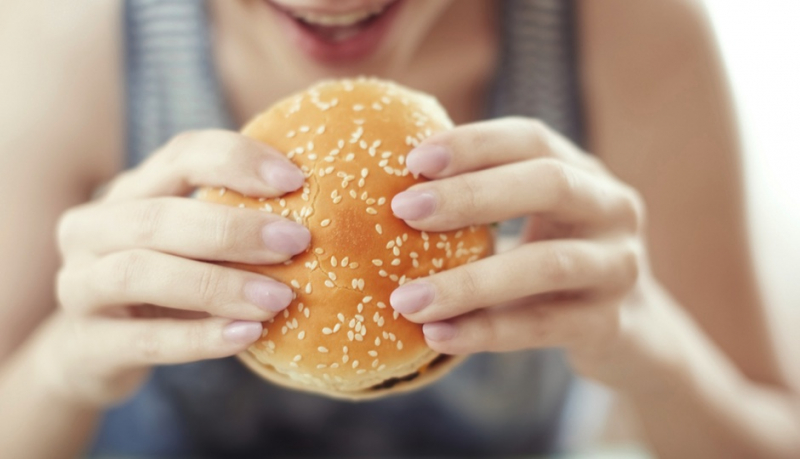
Don’t let yourself get ravenously hungry -
Enjoying foods that encourage feelings of fullness is a simple method to control cravings, feel fuller for longer, and balance blood sugar levels. Fat, carbohydrates, and protein are all important macronutrients for feeling full. Protein, on the other hand, is the most filling macronutrient. Many studies have shown that increasing your intake of this nutrient will help you manage your food cravings.
High-protein diets, for example, have been proven to reduce the activation of brain areas linked to food rewards and cravings, minimize nighttime snacking on sugary, high-calorie foods, and reduce food cravings. In other words, achieving satiety requires combining protein-rich foods with healthy fats and fiber-rich carbohydrates. To increase feelings of fullness and decrease cravings, it's a good idea to plan ahead and make sure you have access to meals and snacks high in fiber, protein, and healthy fats. Pairing an apple with nut butter or a piece of cheese, or having a hard-boiled egg with veggies and hummus, are also simple, balanced ideas.
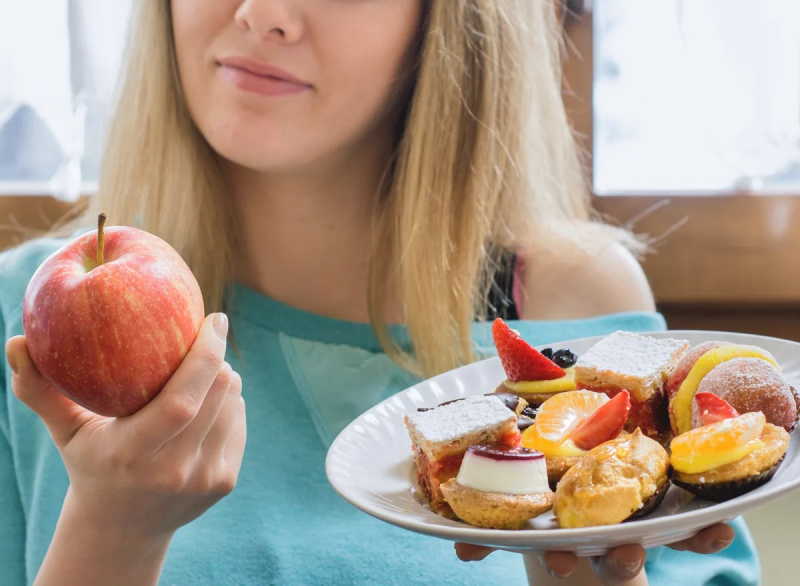
Eat filling, nutrient-dense foods 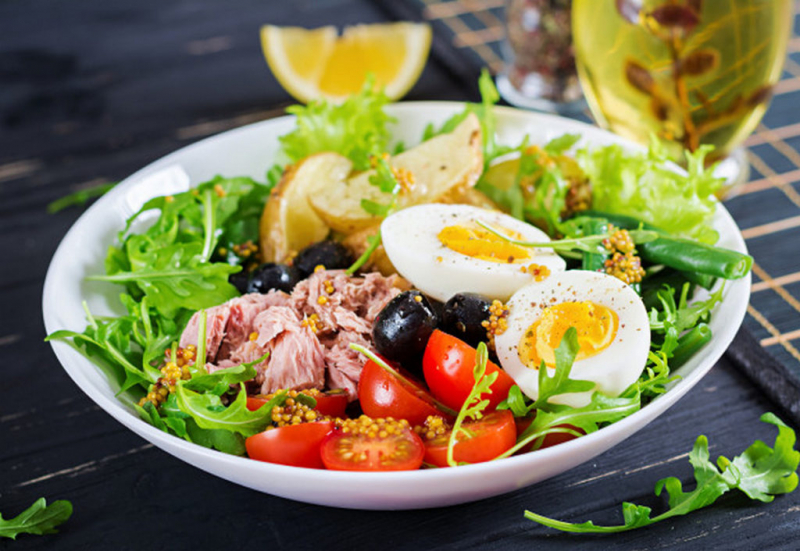
Eat filling, nutrient-dense foods -
Being too obsessed with calories might force you to severely restrict your overall energy intake and avoid foods that you enjoy, in addition to taking up time, effort, and mental energy. While measuring food intake might be beneficial in the short term for some people, obsessing about how many calories you consume on a regular basis can harm your relationship with food and cause unneeded stress.
Rather than completely avoiding sugar, reducing total sugar consumption is beneficial. It's much easier to restrict sweets if you can have them whenever you want (even every day!). No food is considered "forbidden". A diet consisting primarily of high-quality carbs, proteins, and fats, with some sweets and desserts, will be far more achievable and realistic for long-term success than completely eliminating a specific food group.
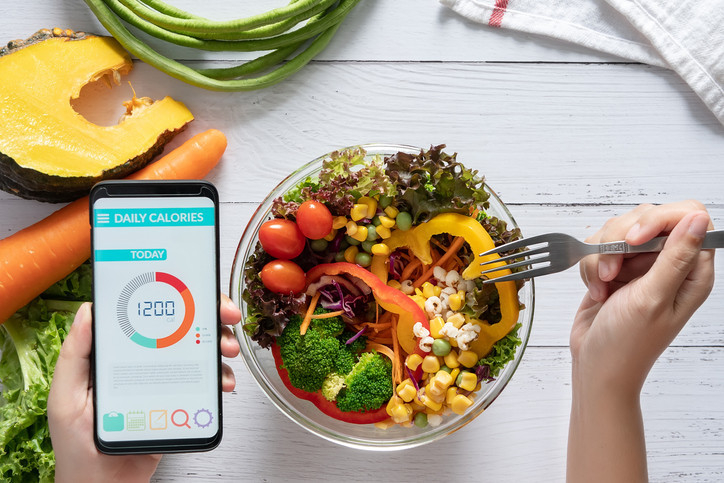
Stop obsessing over calories 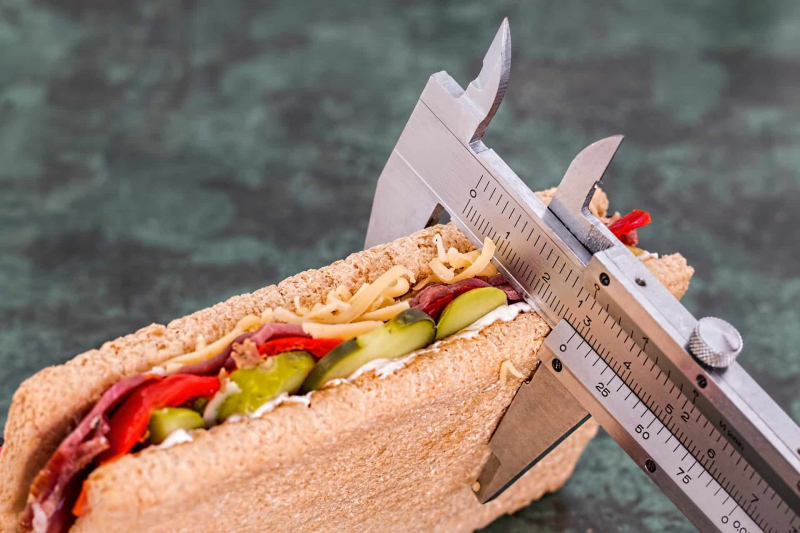
Stop obsessing over calories -
Limiting your intake of some foods, such as those high in added sugar and ultra-processed products like fast food, is important for overall health, and weight control. Restriction or full avoidance of certain foods, on the other hand, may increase your desire for them, leading to you eating even more of them later on if the desire becomes strong.
Fortunately, even if they're not the healthiest, you may include your favorite foods in your diet if you're trying to lose weight. In fact, research has shown that being more flexible in your nutritional choices might help you lose weight. This is great news, demonstrating that your favorite sweets can be part of a balanced diet. For instance, flexibility may mean eating dessert at a restaurant, eating a piece or two of chocolate after lunch, or making your favorite pasta dish for dinner.
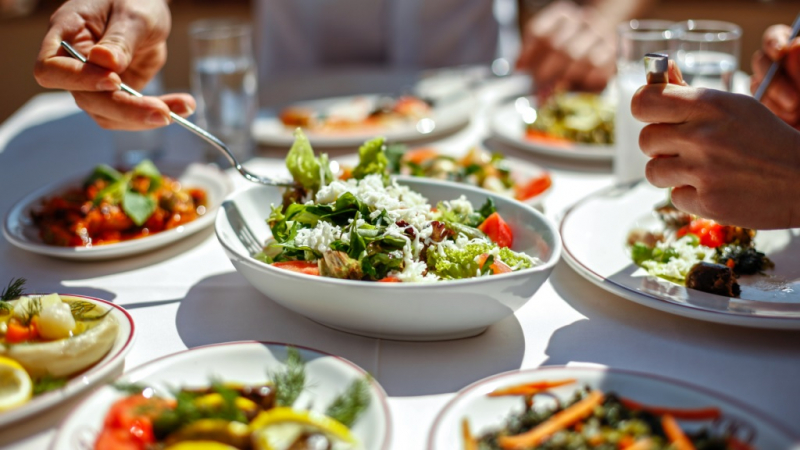
Allow yourself to enjoy your favorite foods 
Allow yourself to enjoy your favorite foods -
When you haven't eaten in a while, your blood sugar levels might fluctuate. This might cause food cravings, particularly for carbohydrate-rich foods, so it's reasonable if you crave crackers, french fries, chocolate, or bread when you're hungry.
Uncontrolled blood sugar levels were linked to glucose cravings in a 2013 study including 210 adults with and without type 2 diabetes. Additionally, improved blood sugar control reduced cravings. Your body activates areas in your brain that promote desires for high-calorie foods when your blood sugar drops, such as if you've gone a long period without eating, whether intentionally or unintentionally. Focusing on high-quality whole foods such as vegetables, fruits, whole grains, beans, nuts, seeds, and quality meats and fish is a good way to manage your blood sugar.
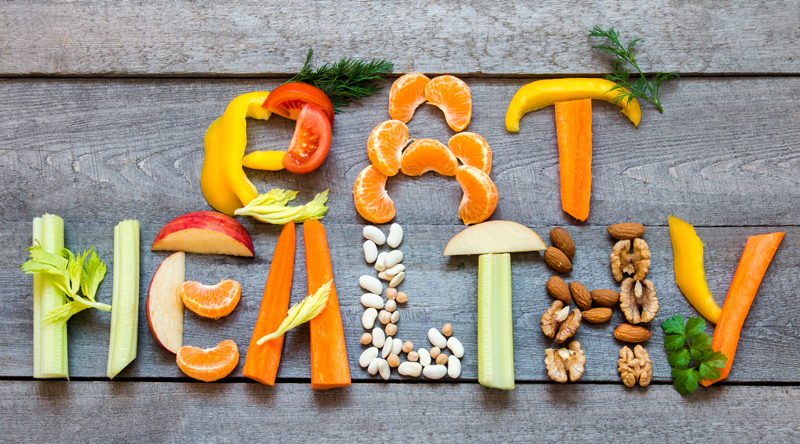
Eat to manage your blood sugar 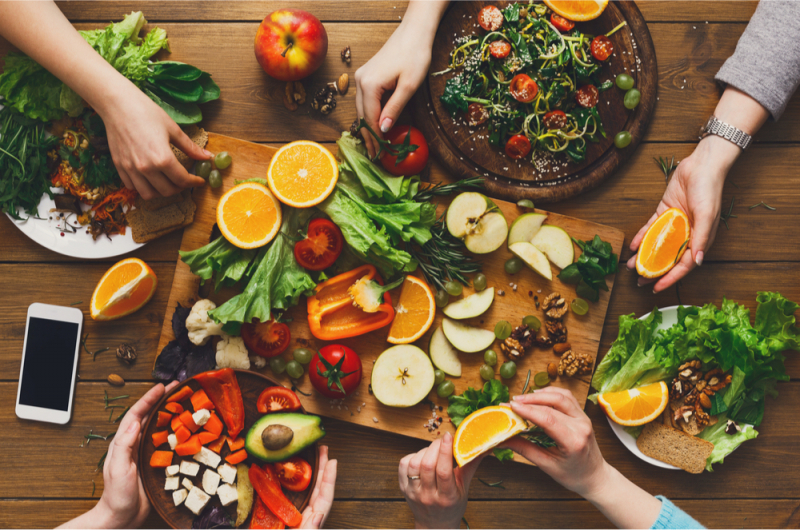
Eat to manage your blood sugar -
You're not alone if you find yourself thinking about or grabbing for certain foods when you're stressed. Many studies have connected stress to increased food cravings.
For example, a 2015 research of 619 participants indicated that chronic stress affects food cravings considerably and directly. This might be due to the fact that chronic stress affects bodily systems and hormone levels that affect hunger. Chronic stress has also been linked to an increased risk of being overweight or obese. If you're anxious, try some of the stress-relieving methods to help you relax and get rid of some of your cravings. Also, don't be afraid to ask a health care expert for assistance or advice.
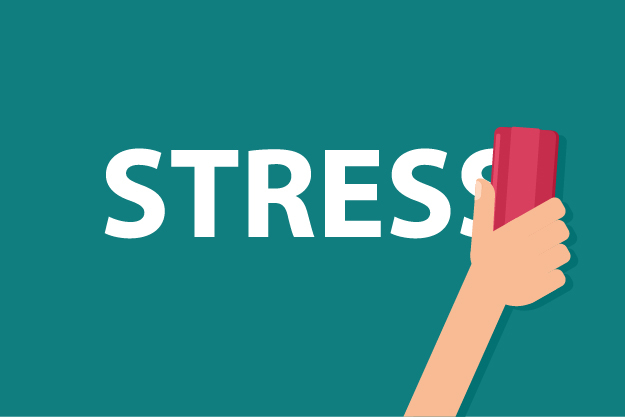
Manage stress 
Manage stress -
After a night of little sleep, you're more likely to have food cravings. Poor sleep was linked to more frequent food cravings and poor diet quality in a 2019 research of 256 children and teenagers. Another research of 24 women published in 2019 linked sleep loss to increased hunger and food cravings.
Sleep deprivation affects certain areas of the brain, such as the frontal cortex and amygdala, increasing your desire for highly palatable and calorie-dense foods. Chronic sleep deprivation has also been related to health problems including diabetes, heart disease, and depression, which is concerning. You may aim for at least 7 hours of sleep every night to fight sleep deprivation-related food cravings and boost overall health.

Get enough sleep 
Get enough sleep -
According to some studies, eating less highly refined carbohydrates may help to reduce food cravings. This might be due to brain responses that drive desires for highly palatable foods when you eat a diet high in highly refined carbohydrates, which has a big impact on your blood sugar levels.
Adults who followed a 4-week low carb diet with 14% carbohydrates, 58% fat, and 28% protein had much lower food cravings than before they started the diet, according to a small 2019 research. Low-carb diets, according to other research, can lessen food cravings, particularly those for high-carb sugary foods. But don't worry, you have food cravings doesn't imply you have to follow a low-carb diet or any other special diet. Instead, limit your intake of ultra-processed carbs with a lot of added sugar, such as cakes and candy. Sweet potatoes, oats, and butternut squash are high-fiber, nutrient-dense carbs that are filling and healthy options.
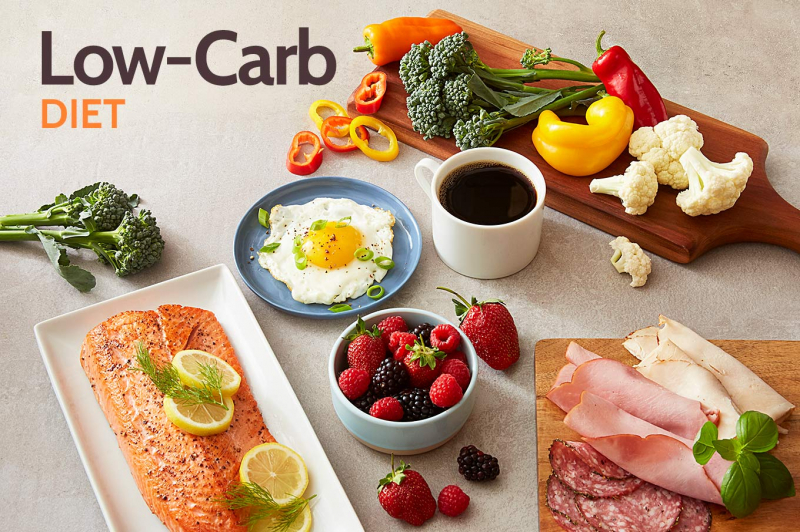
Reduce your intake of certain carbs 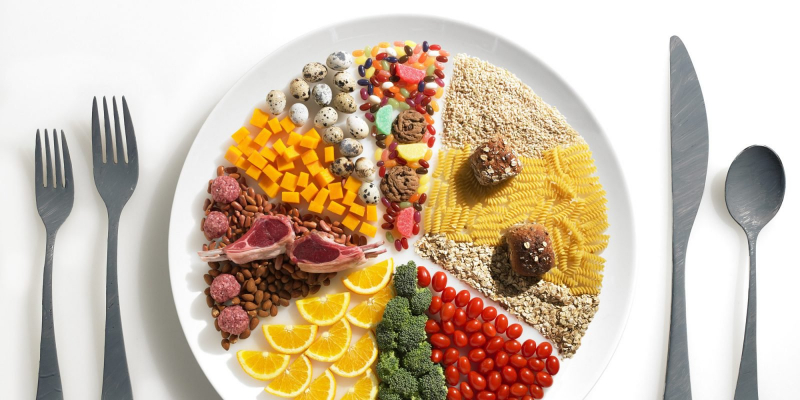
Reduce your intake of certain carbs












